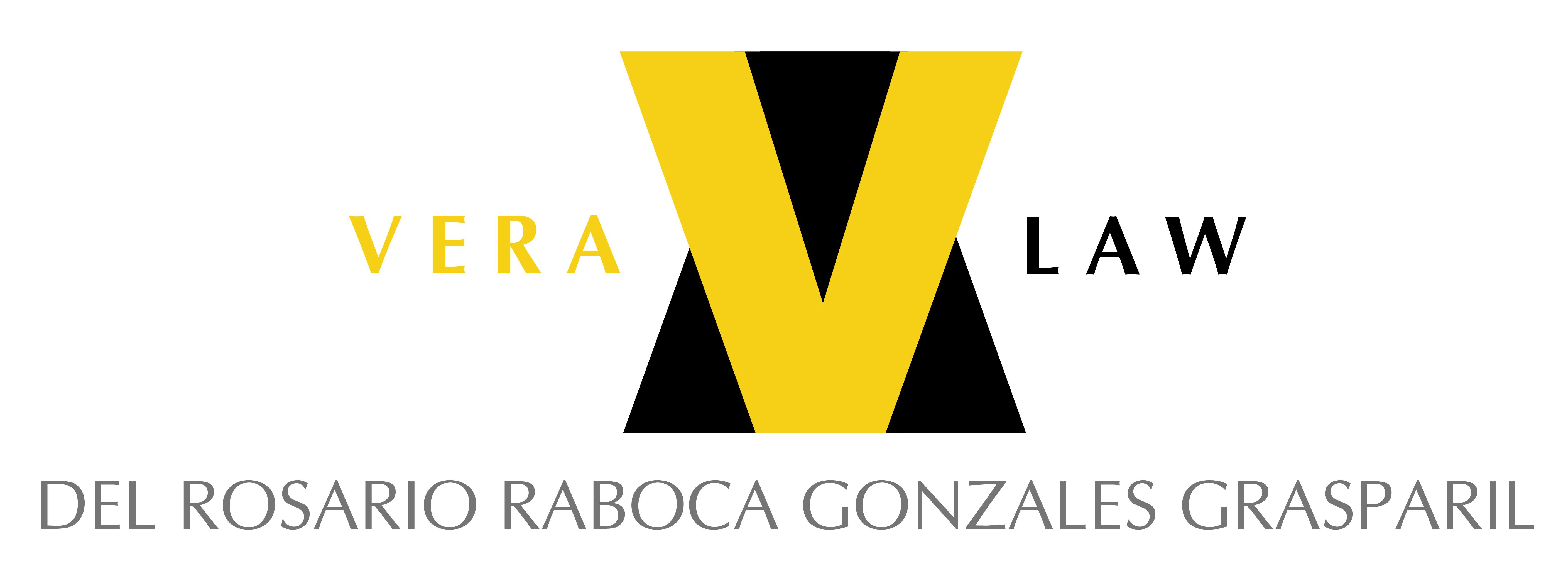The passage of Republic Act 10136, otherwise known as the “Mental Health Act”, aims to break the stigma around mental illness. However, are the provisions contained in this Act sufficient to break the stigma? To answer this question, below is an overview of the relevant provisions of the Mental Health Act.
Section 2 of the Mental Health Act states that “The State affirms the basic right of all Filipinos to mental health as well as the fundamental rights of people who require mental health services.” The Act recognizes the “right to mental health” as a basic right of every Filipinos. To secure this right, the Act intends to develop and establish a national mental health care system, to integrate mental health care in the basic health services, and to integrate strategies in promoting mental health in educational institutions, workplace and in communities.
Interestingly, the Act recognizes not only the rights of service users but also the rights of their family members, carers and legal representative as well as those of the mental health professionals. The Act even requires that “informed consent” be acquired before undergoing therapy of treatment. This requirement is congruent with the “presumption of possession of legal capacity” provided for under this Act in favor of service users, persons with disabilities, and minors.
However, it must be borne in mind that “informed consent” is not required during psychiatric or neurologic emergencies, or when there is impairment or temporary loss of decision-making capacity on the part of a service user pursuant to the conditions provided under the Act.
One of the important aspects of the Act is its objective to provide mental health services down to the barangay level. In line thereto, all regional, provincial, and tertiary hospitals, including private hospitals, are mandated to provide psychiatric, psychosocial, and neurologic services provided under the Act. On the other hand, all public and private educational institutions are required to have a complement of mental health professionals. Within the workplace, employers are encouraged to develop and implement appropriate policies and programs on mental health to raise awareness, correct the stigma and discrimination, provide support, and facilitate access to treatment and psychosocial support.
To achieve the policy and objectives of the Act, the duties and responsibilities of government agencies namely the Department of Health, Commission on Human Rights, Department of Education, Commission on Human Rights, Technical Education and Skills Development Authority, Department of Labor and Employment, the Civil Service Commission, Department of Social Welfare and Developments, and Local Government Units are set out in the Act.
The provisions of this Act are likewise made available to persons who avail of the voluntary submission provision and persons charged under Republic Act 9165 (“Comprehensive Dangerous Drugs Act of 2002”), who after undergoing examination, are found to have mental health conditions.
As a final note, violations of the provisions of the Act such as but not limited to failure to secure informed consent, violation of confidentiality, among others, shall be punished by imprisonment of not less than six (6) months, but not more than two (2) years, or a fine of not less than ten thousand pesos (P10,000.00), but not more than Two hundred thousand pesos (P200,000.00), or both. If committed by an alien, he/she shall be immediately deported after service of sentence.
So, will the Act be sufficient to break the stigma around mental illness? With effective implementation of the Act in conjunction with the active cooperation of the stakeholders, we are inclined to believe that the Act is sufficient. However, one must not forget that no law will have real effect without a proper implementation.

